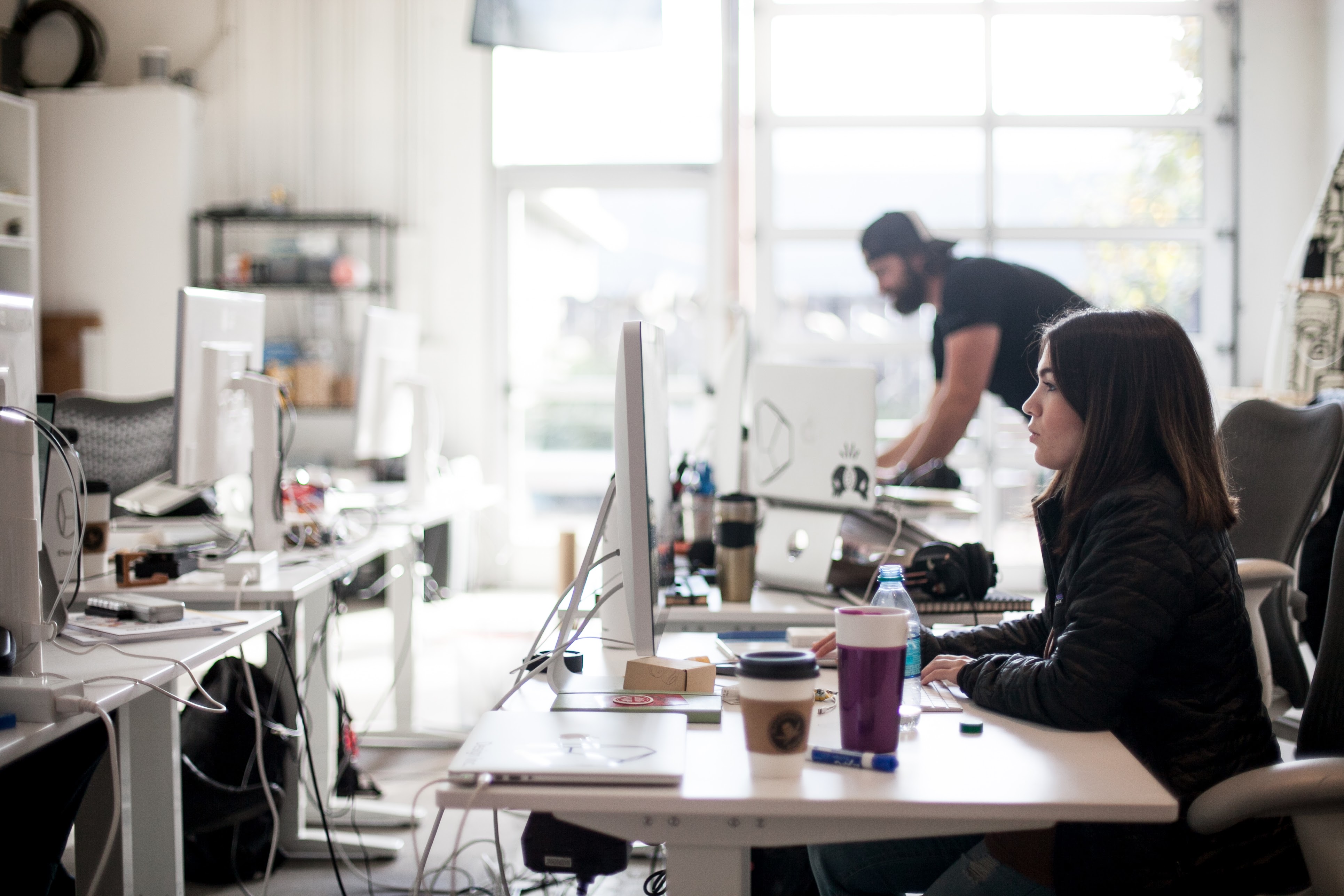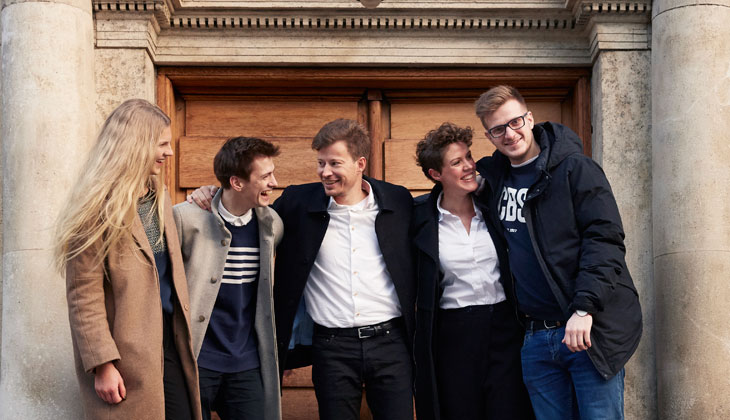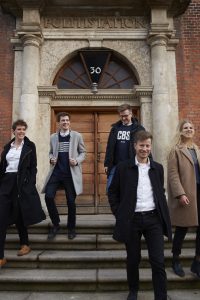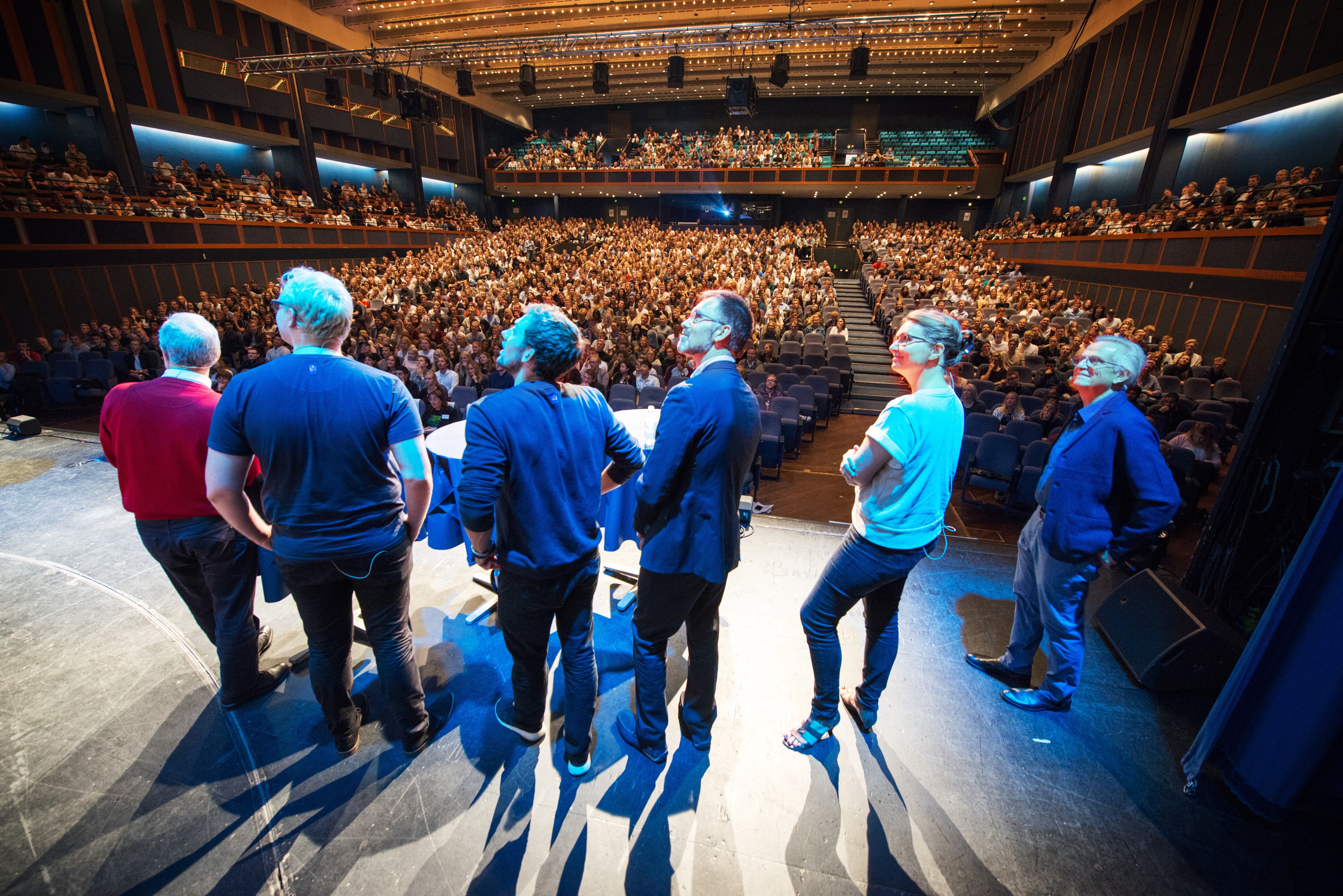The following post by American CBS MBA student Wynne Lewis is an accompanying piece she wrote recently for the Financial Times’ MBA Blog.
Titled “Case for responsible business post Trump and Brexit shocks“, Wynne spoke to the shocks of the recent inauguration of Mr. Trump in the U.S. and the vote for Brexit in the UK. She argues that these events are creating many setbacks to the strides we have taken recently in favour of human rights and combating climate change. But they are also catalysts for positive change for the individuals who are fired up and ready to go stand up for what matters most – for example by contributing to a more sustainable economy by founding your own venture.
Read the full post on the FT MBA Blog.
In her latest piece on the CBS MBA blog, she now offers a little bit of inspiration to get you started with making a change.
By Wynne Lewis.
As Eleanor Roosevelt once said,
“You gain strength, courage, and confidence by every experience in which you really stop to look fear in the face. You must do the thing you think you cannot do.”
We fear regression, but there is much we can do.
I spoke with my classmates (representative of countries from all around the world), my professors, and visiting speakers and here is a little bit of inspiration to get you started.
For Employers / Employees:
- Recognise the power of business. Do not be ignorant to your own influence. There is no such thing as an a-political corporation in the polarised climate under which we are operating today. Every decision must be intentional.
- Create meaningful working class jobs. If your consumers are voting pro-nationalism, are they willing to pay a higher price for locally sourced products? Can you source your products or raw materials locally? Can you conduct market research to prove your case to investors? There may even be a risk management case to make for keeping the supply chain close for better transparency.
- Treat your employees with respect and invest in their development. Look at the most recently hired/promoted people at your company. Are they a diverse group? Are you promoting from within? If not, chances are good that some of your talent is falling through the cracks or not being developed. It may not be intentional, but you can become aware of it and take strides to be sure you are capitalizing on your best resource – your employees.
- If you have employees who may feel marginalised or unsafe in the current social climate sparked by the election, reach out and check-in with them. Do they feel safe in their commute to work? (This has been very relevant for many of my friends living in New York, so it is worth asking.) Is there anything you can do to help? Has the office climate changed at all for them? It is important that they are able to focus on doing a good job without feeling marginalised or harassed at work. Keep tabs on this. If handled with care, you will foster the establishment of a strong working environment and retain your talented minority (women included) workers.
- Look for business opportunities. What was the change you were hoping for? Is there a gap in products/services today and the products/services we need to achieve that change? Your next great venture may just be hidden in the void.
You will know best how these things must ultimately align with a clear business case appropriate for your company, but it is important to point out those business practices that shape our countries, our politics, and ultimately our societies.
For Investors:
- Divest from energy companies who are not investing in the future. Oil is booming right now with the recent elections, but the future will hold a diverse portfolio of energy sources. Companies who are only focused on fossil fuels are resisting innovation.
- Be an active voter in the companies you invest in. If you hold stocks in companies that are doing things that you do not support – underpaying workers, polluting, vocalising racist sentiment – use your voice as a shareholder to change things. Be active and let them know that as an owner you do not support the way they are operating the business. Chances are high, you are not alone. Get other investors involved.
- Invest in companies that are good for people, planet, and profit. There are many resources for those interested in impact investing. Read up and put your money where your values are.
On the personal side: invest in values you care about. Whatever they are, donate your time or money to the things that matter most. Create the world you want to live in and that you want your children to live in. Consider it a long-term investment.
The most important thing ultimately is to do something. So get out there, and be active.
Have some great ideas? Please add a comment below.
Based in New York, Wynne is currently enrolled as an MBA student at Copenhagen Business School. She was attracted to the Copenhagen MBA for its strong focus on Responsible Management and the promise of a global classroom. Post-MBA, she is toying with the idea of starting her own venture. She is a blogger for the Financial Times MBA blog, where she hopes to tell the story of what really powers her passion for Responsible Management on the far-reaching global business platform that is the Financial Times.
Pic by Pexels



